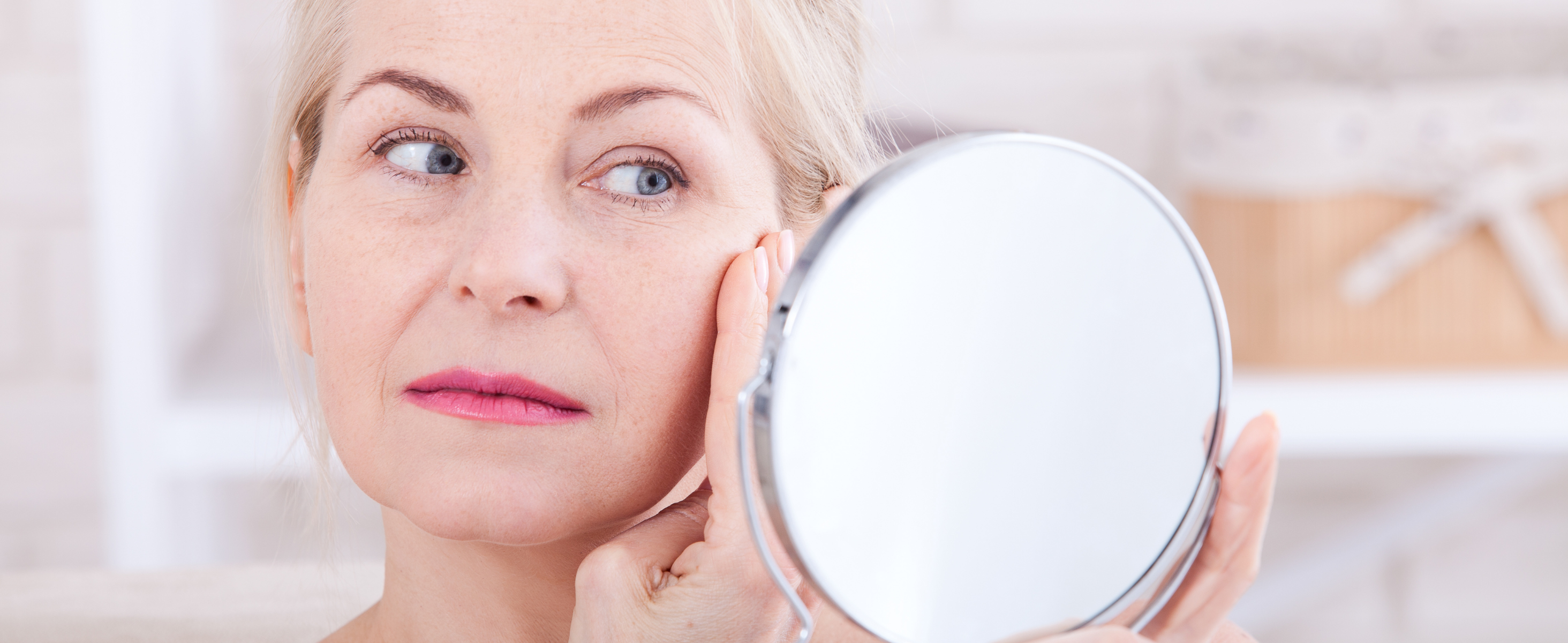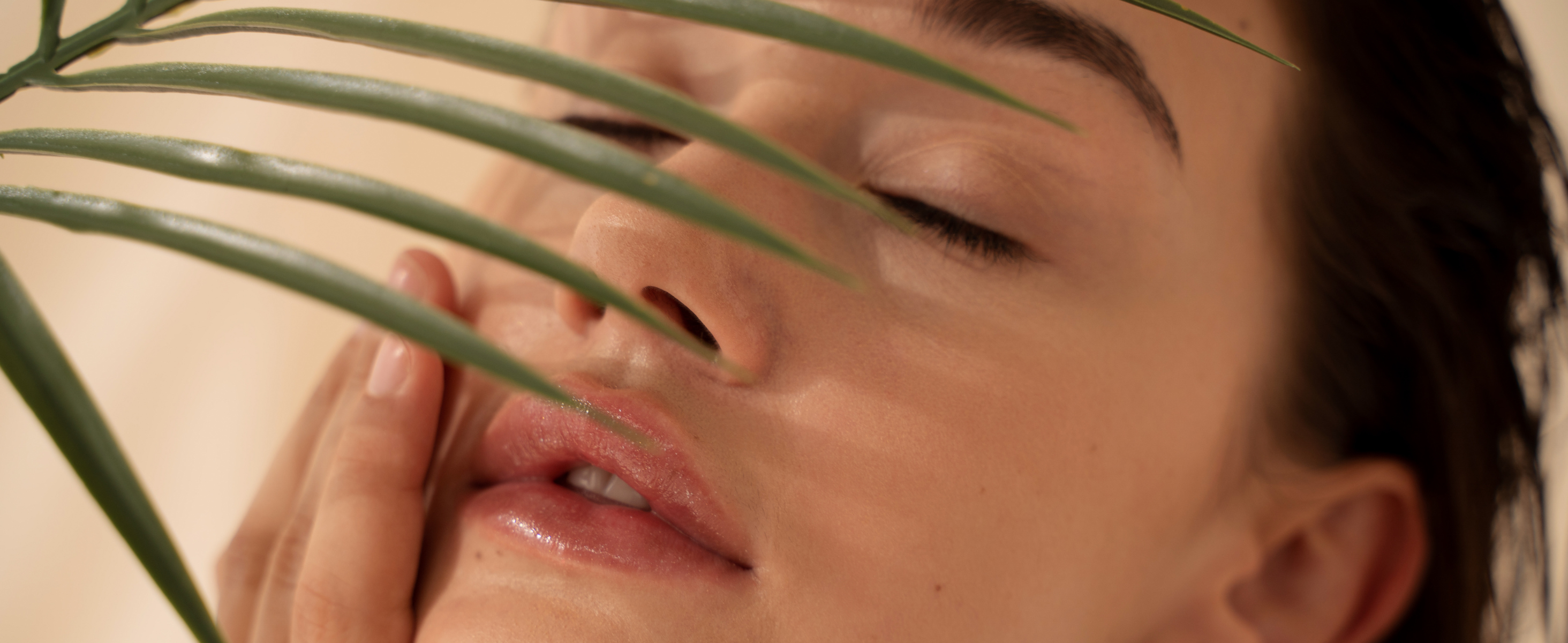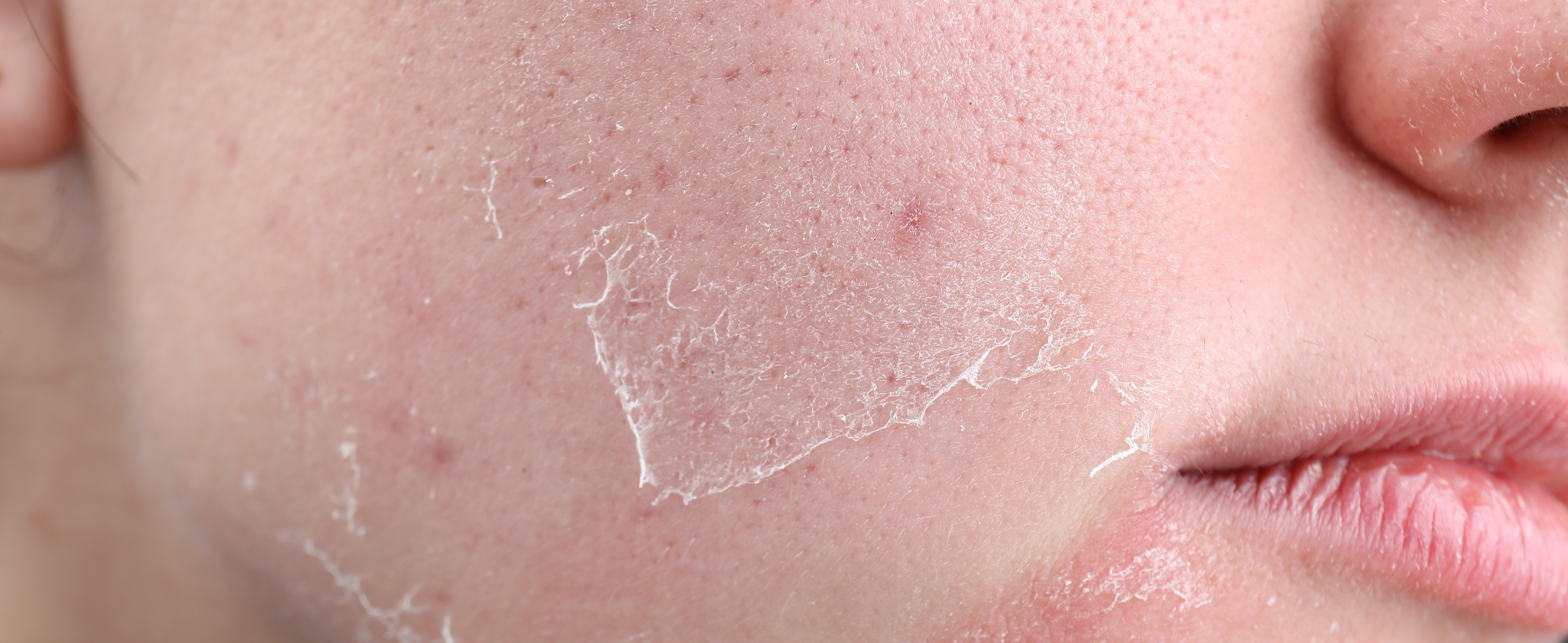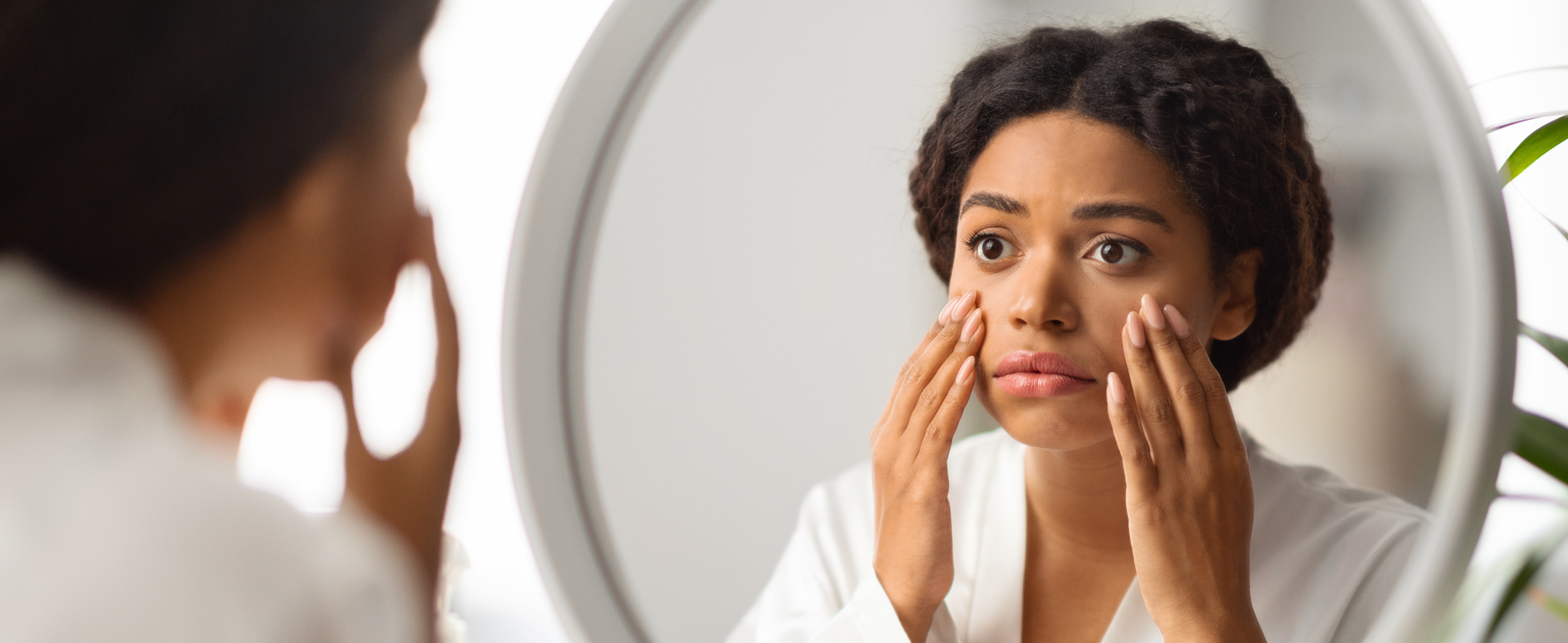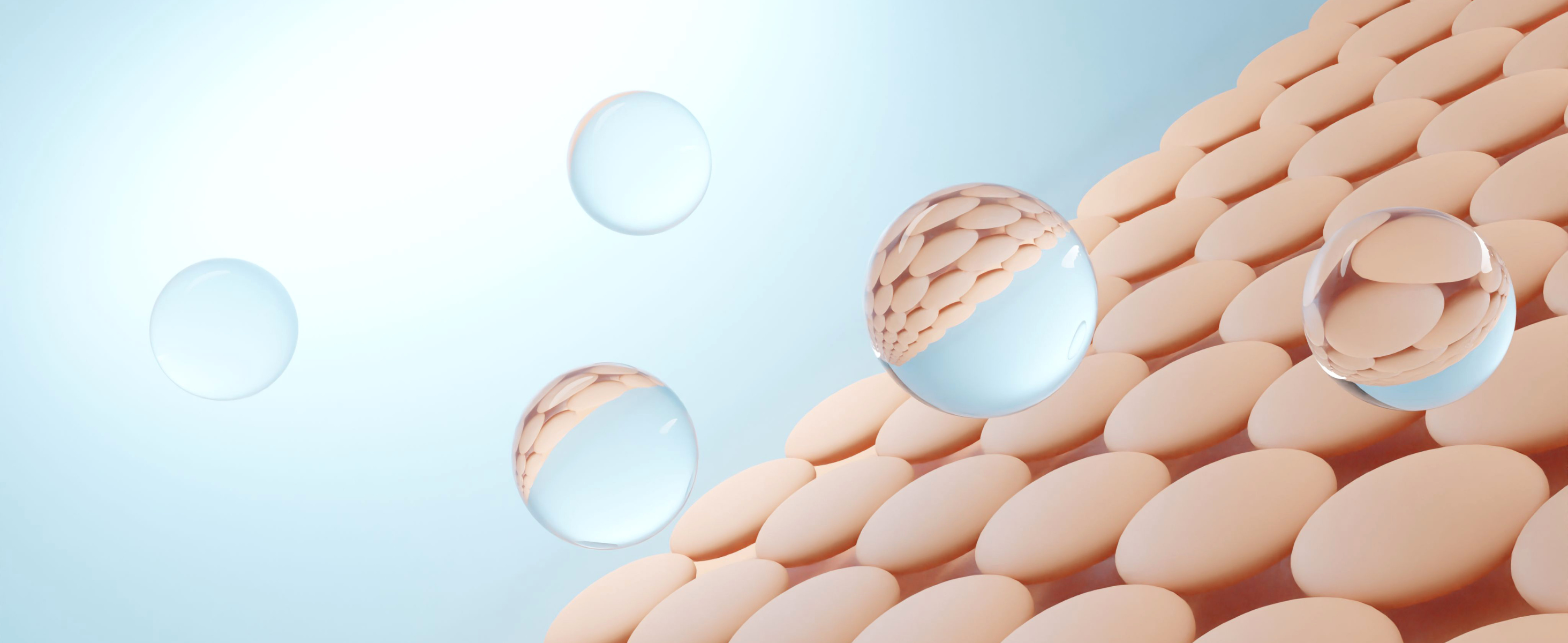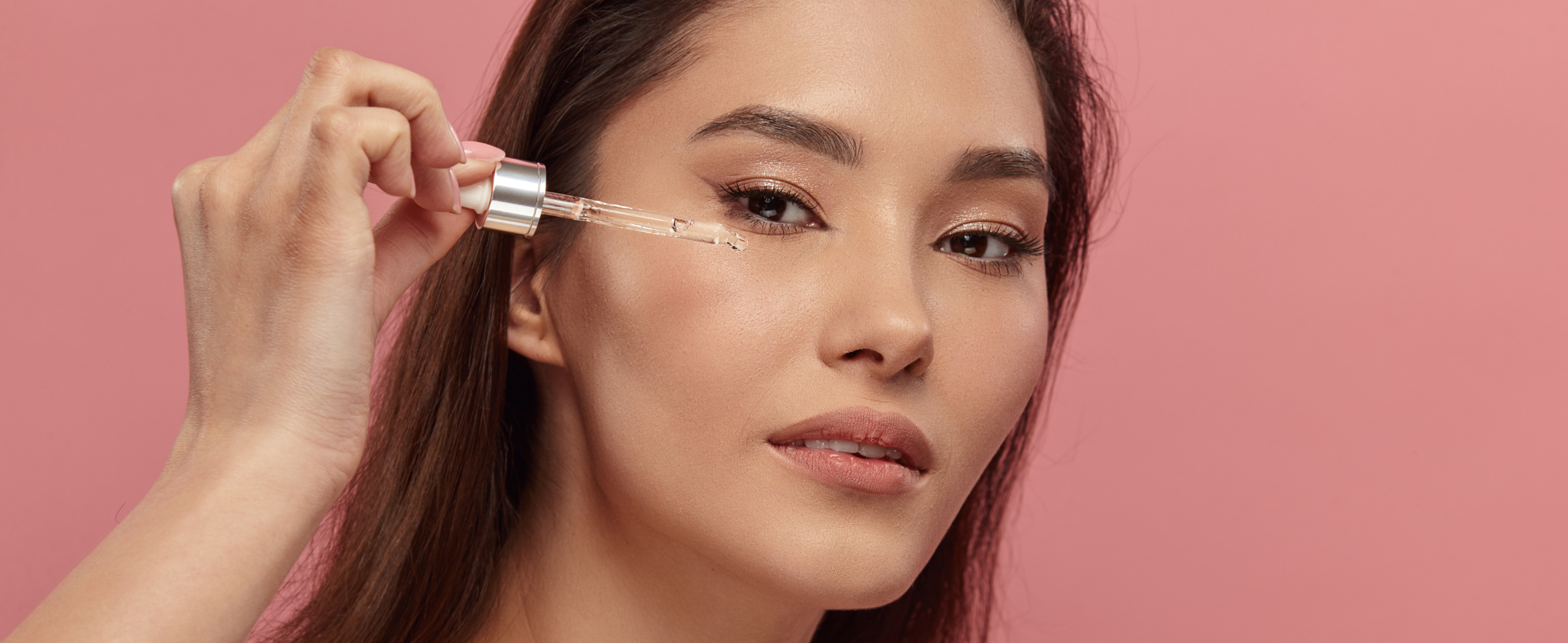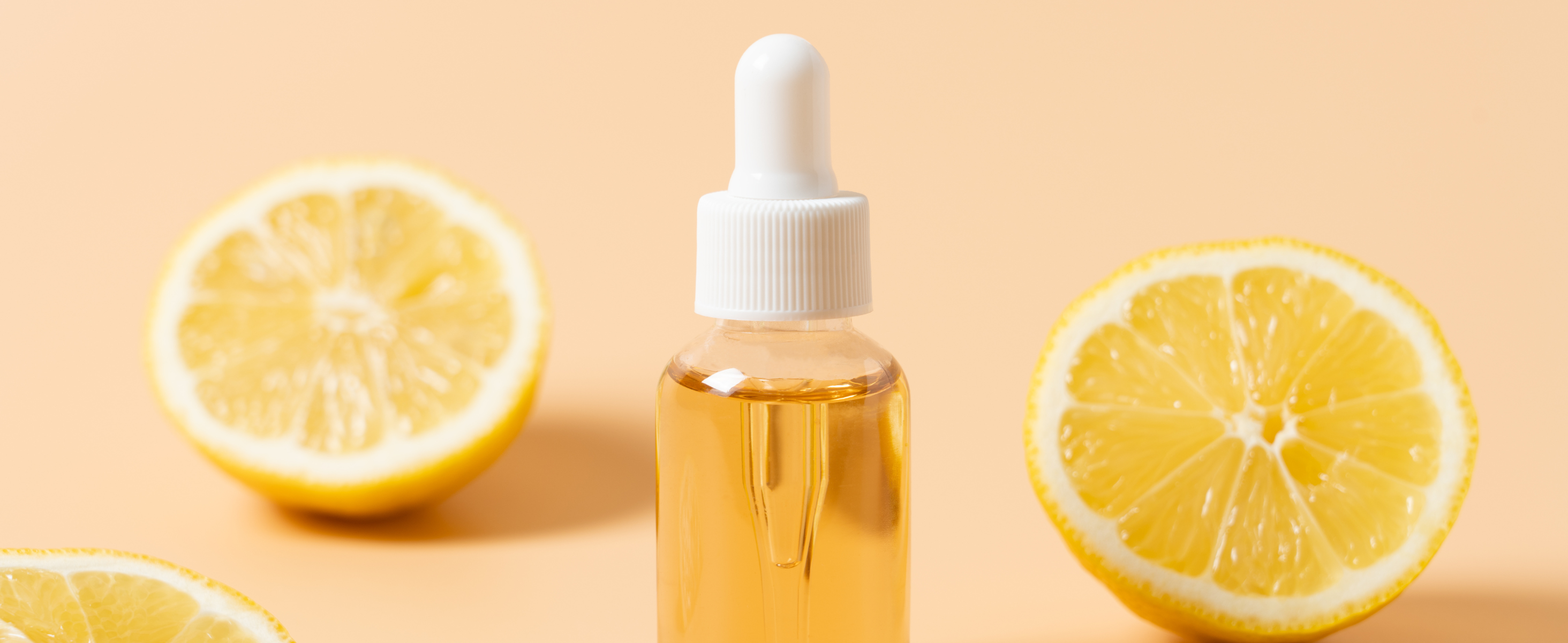Premature aging is when signs of aging, such as wrinkles and fine lines, appear earlier than they should. It is often triggered by lifestyle factors, environmental exposure, and other habits. Here’s an in-depth look at the signs of premature aging, its causes, and how to prevent signs of aging to maintain youthful, healthy skin.
1. Common Signs of Premature Aging
Premature aging can manifest in several ways. The most noticeable sign of aging includes:
- Wrinkles and Fine Lines: The early development of crow’s feet, laugh lines, and frown lines.
- Age Spots (Hyperpigmentation): Dark spots appearing on areas like the face, hands, and shoulders due to sun exposure.
- Sagging Skin: Loss of skin elasticity, causing the skin to appear loose and droopy.
- Dull Complexion: Skin losing its natural glow and looking tired or dull.
- Dryness: As the skin ages prematurely, it tends to lose moisture more quickly, resulting in dry, flaky patches.
These signs are indicators that the skin’s natural aging process is speeding up due to external or internal factors.
2. Causes of Premature Aging
Various causes contribute to the early development of these signs of aging. Here are the primary culprits:
- Sun Exposure: Overexposure to harmful UV rays is the leading cause of premature aging. UV rays break down collagen and elastin, proteins responsible for keeping the skin firm and smooth, leading to early wrinkles and age spots. This is called photoaging
- High-Energy Visible (HEV) Light: Also known as blue light, HEV light emitted from digital devices (like smartphones, tablets, and computers) penetrates deep into the skin, causing oxidative stress, which can accelerate aging. It leads to pigmentation and weakens the skin barrier over time.
- Smoking: Smoking exposes your skin to toxins and reduces blood flow, which deprives the skin of oxygen and essential nutrients. This habit accelerates the breakdown of collagen and elastin, leading to wrinkles and dull skin. Smokers often develop deeper wrinkles around their lips due to repetitive facial movements.
- Unhealthy Diet: Diets high in sugar and processed foods contribute to a process called glycation, where sugar molecules damage proteins like collagen, resulting in saggy, wrinkled skin. A lack of antioxidants from fruits and vegetables also deprives the skin of the protection it needs from free radicals.
- Poor Sleep: Lack of sleep inhibits the skin’s ability to repair itself. When you sleep, your skin regenerates, and blood flow increases to help repair cells. Consistent lack of sleep disrupts this process, leading to dark circles, puffiness, and an overall tired appearance.
- Stress: Chronic stress triggers the production of cortisol, a hormone that breaks down collagen and elastin. It also inhibits your body's ability to repair skin cells, accelerating the appearance of fine lines, wrinkles, and other signs of aging.
3. How to Prevent Signs of Premature Aging
While aging is inevitable, taking steps to slow down premature aging is possible. Here’s how to prevent signs of aging effectively:
Incorporate Anti-Aging Facials
Regular anti-aging facials can help stimulate collagen production, increase hydration, and improve the texture of your skin. Facials that incorporate ingredients like hyaluronic acid, retinol, and peptides can make a significant difference in reducing wrinkles and fine lines. A professional anti-aging facial also promotes blood circulation, giving you a healthier, glowing complexion.
Sun Protection
One of the most effective ways to prevent premature aging is to use sunscreen every day. Broad-spectrum sunscreens with an SPF of at least 30 can block harmful UV rays, which are the leading cause of premature aging. Wearing protective clothing, sunglasses, and wide-brimmed hats can also reduce sun exposure.
Limit Screen Time
Since HEV light from screens can accelerate aging, it's essential to limit screen exposure or use blue light filters on your devices. Additionally, using skincare products that contain antioxidants, such as Vitamin C, can help protect your skin from blue light damage.
Quit Smoking
If you're a smoker, quitting is one of the best things you can do for your skin. Stopping smoking can prevent further damage and allow your skin to regain some of its elasticity and radiance.
Maintain a Healthy Diet
Eating a diet rich in fruits, vegetables, lean proteins, and healthy fats helps provide the essential nutrients your skin needs to repair itself. Antioxidants like Vitamin C and E help neutralize free radicals, slowing the appearance of signs of aging. Omega-3 fatty acids found in foods like fish and nuts can also improve skin hydration and elasticity.
Get Enough Sleep
Sleep is vital for your skin's recovery process. Aim for 7-9 hours of sleep each night to allow your skin cells to regenerate. Incorporating a nighttime skincare routine that includes retinoids and moisturizers can help enhance your skin’s repair process while you sleep.
Manage Stress
Practicing stress management techniques such as meditation, exercise, and mindfulness can reduce cortisol levels in your body. Less stress means less breakdown of collagen and elastin, which keeps your skin firm and youthful.
Conclusion
Premature aging may seem inevitable due to environmental and lifestyle factors, but it can be slowed down with proactive measures. Recognizing the signs of premature aging—from fine lines to age spots—is the first step. By addressing the root causes, such as sun exposure, smoking, and poor diet, and adopting preventive habits like using sunscreen, getting anti-aging facials, and maintaining a balanced lifestyle, you can effectively prevent the signs of aging and keep your skin looking youthful for years to come.


